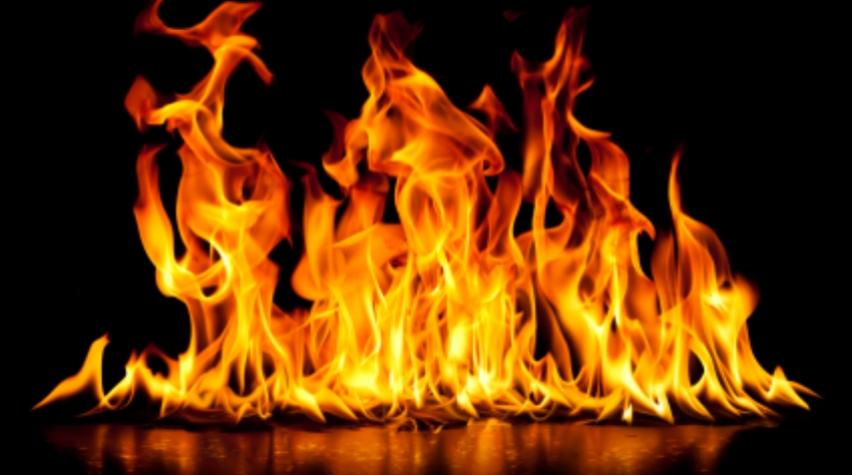
Scientists aboard the International Space Station are playing with fire, literally. As part of the Flame Extinguishment Experiment (FLEX), scientists are studying how flames react in a microgravity environment. For the past two years, the program has conducted some 200 tests looking at fires, with some results that are clearly quite strange, compared to how flames react here on Earth. What scientists learn will help inform future fire safety on Earth and will also help them deal with the differing conditions they could face in the event of a space station or spacecraft fire in the future. Popular Science reports out that one major difference in space is that the absence of Earth's gravity means that hot gasses don't rise. Instead, a process called molecular diffusion sustains combustion, but at a rate 100 times slower than on Earth. And perhaps the most puzzling so far: droplets of methanol and heptane continue to combust after the actual flame is extinguished. So far scientists have no explanation for this phenomenon. For more details on the program, check out this link from NASA, which contains video footage of various experiments as well as a summary of progress.


